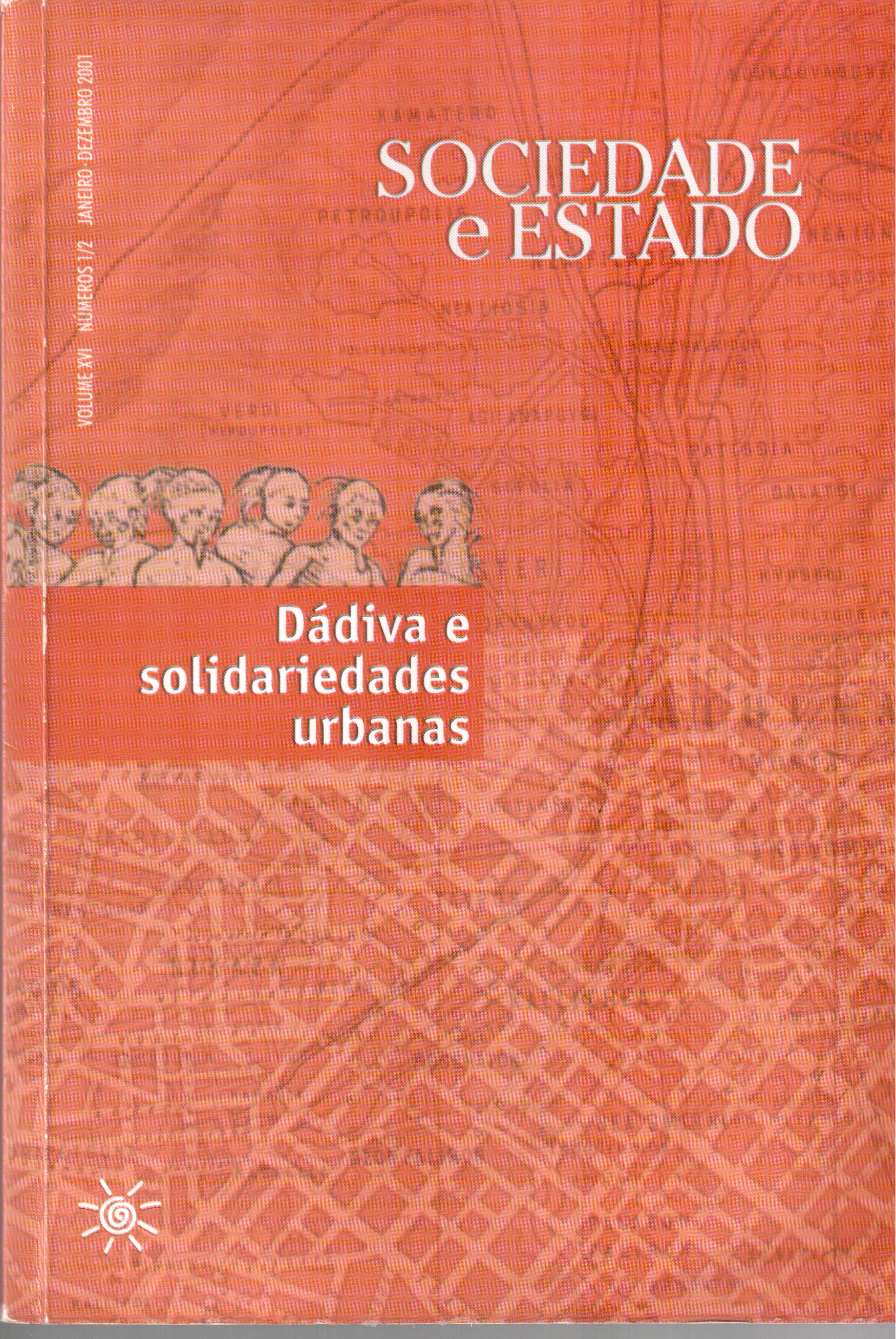O princípio de razão, o utilitarismo e o antiutilitarismo
DOI:
https://doi.org/10.1590/S0102-69922001000100003Keywords:
utilitarismo; racionalidade; dádiva; Marcel MaussAbstract
In this article, it's demonstrated how certain notions derived from the Rationalism and utilized in Social Sciences are strongly determinated by the utilitarian tradition and, therefore, the very concept of rationality, in practice, bears uncertain limits given its subordination to the concept of interested calculation. Criticism aiming at the utilitarian rationality is complex as far as different meanings for utilitarism are at stake: a practical level, such as the economical utilitarism preaching the satisfaction of primary and egoistic material interests; a theoretical level, proposing that all human beings are, by nature, egoistic and calculators; and a normative level, creating a tie between Justice and the satisfaction of a huger number of individuals. Criticism to these thesis leads the author to remind Marcel Mauss contribution to settle a new paradigme based on the concept of donation. Mauss' text is a fundamental one to understand the passage of a antiutilistarist negative criticism to another antiutilitarist positive criticism, supported by this new paradigme.
Downloads
References
BOUCHE, Jean-François. De l’utilité dans la Révolution. Revue du MAUSS,
Paris, n. 8, p. 142-162, 2º trim. 1990.).
CAILLÉ, A. Esquisse d’une critique de l’économie de la pratique. Cahiers du
Lasa, Universidade de Caen, n. 8-9, p. 103-214, 1º sem. 1988; reeditado
em Cahiers du Lasa, n. 12-13, 1992.
_______. Le juste, l’utile et l’agréable: l’utilitarisme dans La Republique de
Platon. Revue du MAUSS, n. 6, p.69-96, 4º trim. 1989; n. 7, p. 127-151,
º trim. 1990.
DAVIDSON, Donald. Paradoxos de l’irrationalité. Paris : L’Éclat, 1991.
DOMENECH, Jacques. L’éthique des Lumières. Paris : Vrin, 1989.
DUPUY, Jean-Pierre. Le sacrifice et l’envie. Paris : Calmann-Lévy, 1992.
ELSTER, Jon. Les raisins verts: l’utilitarisme et la genèse des besoins. Bulletin
du MAUSS, n. 6, p. 9-41, 2. trim. 1983.
ELSTER, Jon. The cement of society. Cambridge : Cambridge University Press,
_______. Ulysses and the sirens: studies in rationality and irrationality.
Cambridge : Cambridge University Press, 1979.
FRANKFURT, Harry. Freedom of the will and the concept of a person. The
Journal of Philosopby, n. 68, p. 5-20, 1971.
GAUTHIER, David. Morals by agreement. Oxford University Press, 1986.
GODBOUT, Jacques; CAILLÉ, Alain. L’esprit du don. Paris : La Découverte,
GUYAU, Jean-Marie. La morale d’Épicure et la morale contemporaine. Paris,
HALÉVY, Élie. La formation du radicalisme philosophique. 1903.
__________. La formation du radicalisme philosophique. Paris : Alean, 1903.
tomos.
HARSANYI, J. C. Morality and the Theory of Rational Behavior. In: SEN,
Amartya; WILLIAMS, Bernard. Utilitarism and Beyond. Cambidge :
Cambridge University Press, 1982.
HEIDEGGER, Martin. Le principe de raison. Paris : Gallimard, 1962.
MILL, John Stuart. L’ utilitarisme. Paris : Flammarion, 1968.
MOSER, P. K. et al. Rationality in action: contemporary approaches. Cambridge
University Press, Nova York, 1990.
NEUBERG, Marc. La théorie de l’action: textos majeurs de la philosoplue
analytique de l’action. Liége : Mardaga, 1991.
PARFIT, Derek. Reasons and Persons, Clarendon Press, Oxford, 1984.
SCHELER, Max. Nature et formes de la sympathie, 1913. Paris : Petite
Bibliothèque Payot, 1971.
SIMON, Herbert. Models of bounded rationality. Cambridge, Mass : MIT Press,
SPERBER, Dan; WILSON, Deirdre. La pertinence. Paris : Minuit, Paris, 1989.
VAN PARIJS, Philippe. Qu’est ce qu’une société juste? Paris : Seuil.




.jpg)



















